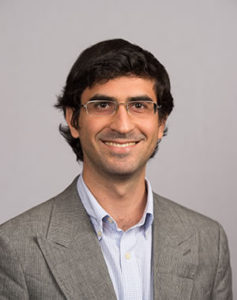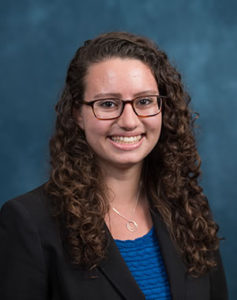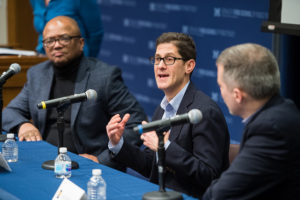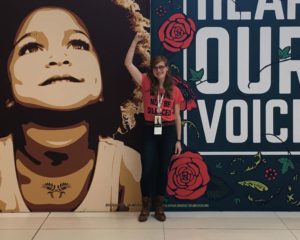The new school year has begun and we are excited to have both new students and new faculty members joining us. Additionally, we have expanded our research centers and outreach efforts substantially. One new resource for students at the Ford School is the Program in Practical Policy Engagement.
The Program in Practical Policy Engagement was made possible by a $1.5 million gift from the Power Foundation.
Headed by Professor Elisabeth Gerber and Associate Director Cindy Bank, P3E is a university-wide resource housed at the Ford School, where it can leverage existing expertise and interdisciplinary approach to generate policy-relevant research, analysis and learning, as well as improvements in organizational practice. It has three goals:
- Create engaged learning opportunities for students by facilitating collaborations with organizations at the state, local, national and international levels. At its core, it hopes to provide students with a deeper understanding of how their work can add public value.
- Support efforts by faculty and students to conduct policy and operational research that is timely, practical and policy-relevant.
- Generate policy impact by developing and implementing cutting-edge techniques to translate research into practical policy action.
“The Program in Practical Policy Engagement is just that. It’s practical, as distinguished from theoretical. It’s about public policy, aimed at adding value, and it’s about engagement, providing ways for U-M students, faculty and staff to engage directly in making things better,” said Philip Power, former U-M Regent and longtime university donor. “It’s a direct extension of the obligations of a public university to improve our society. One vitally important aspect of the program is its emphasis on helping students and organizations learn practical ways to get things done—something too often overlooked by purely theoretical approaches to learning.”
P3E programming will focus on helping students through mentoring and networking. This past week they hosted the first student pitch competition, which allowed 2nd year students in the MPP program who had just completed their internship to pitch the highlights of their internship experience to a distinguished panel of judges with a chance to win prize money. If you are interested in watching the pitch presentations, you can find them on the Ford School website. This is the first in many opportunities for students in engage with P3E.




